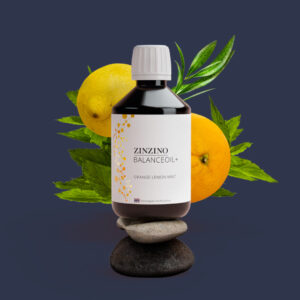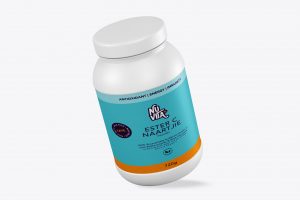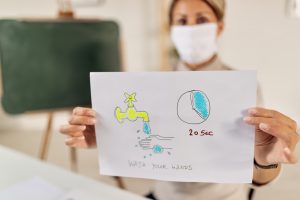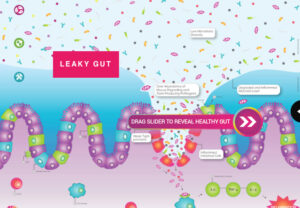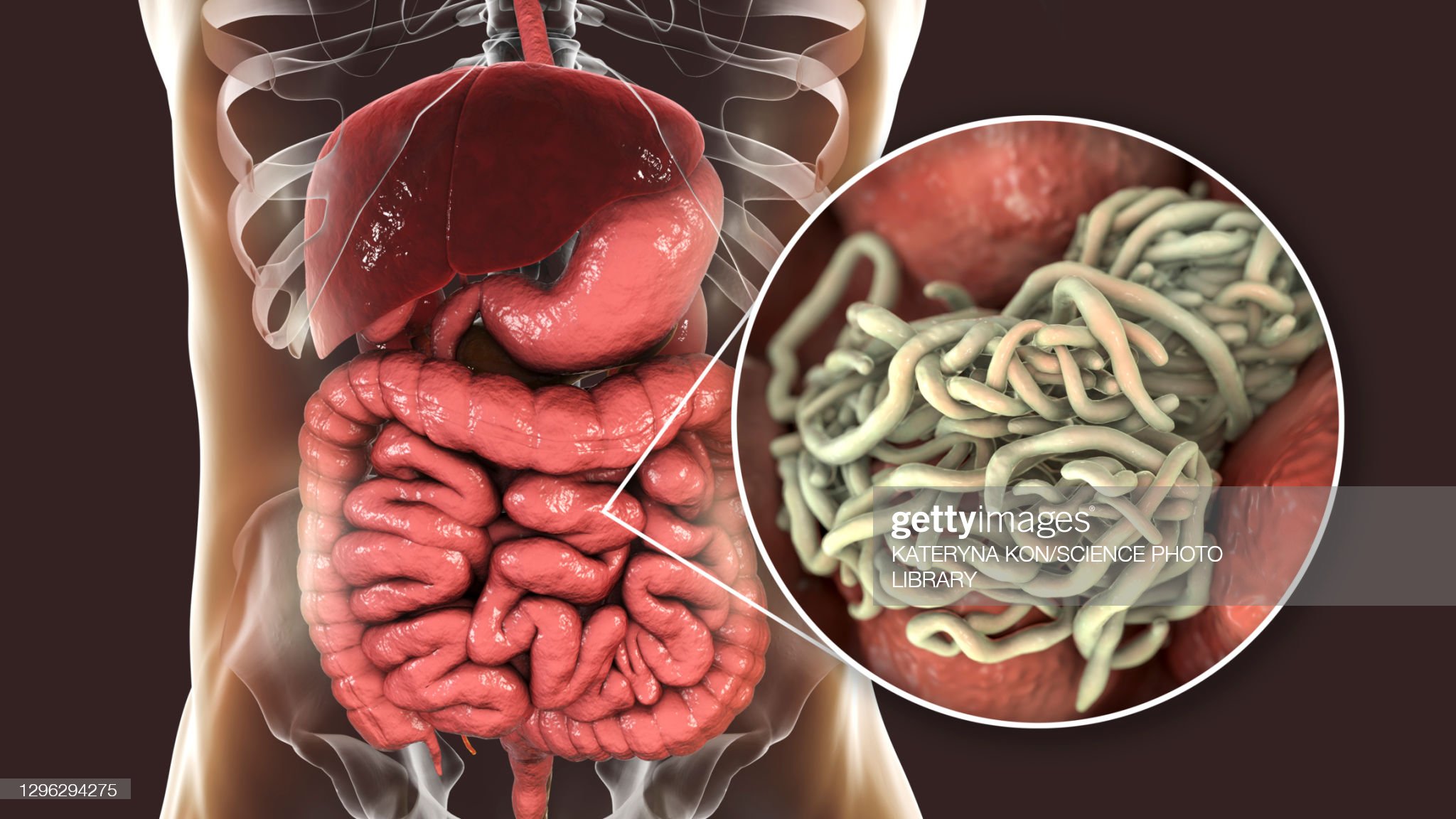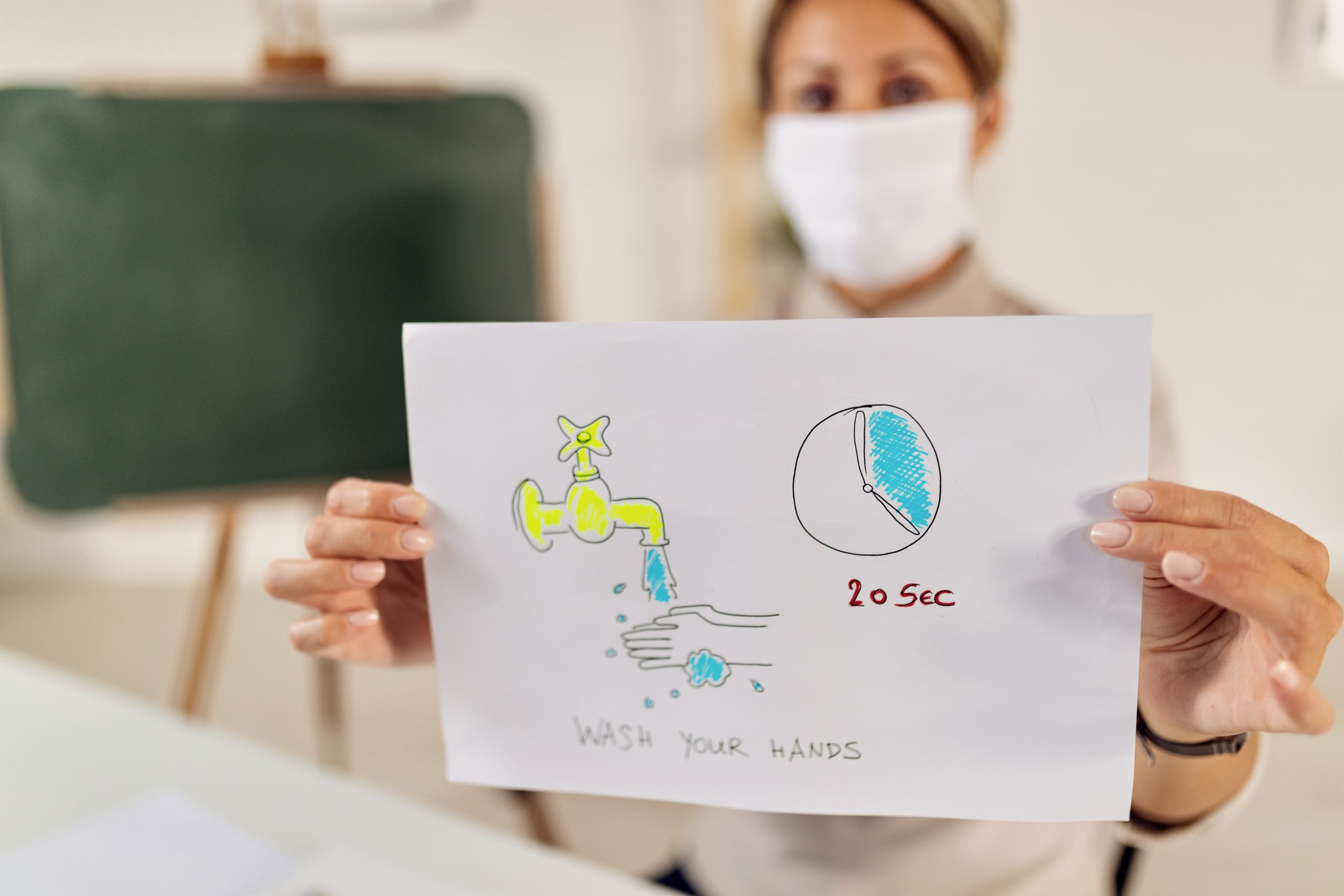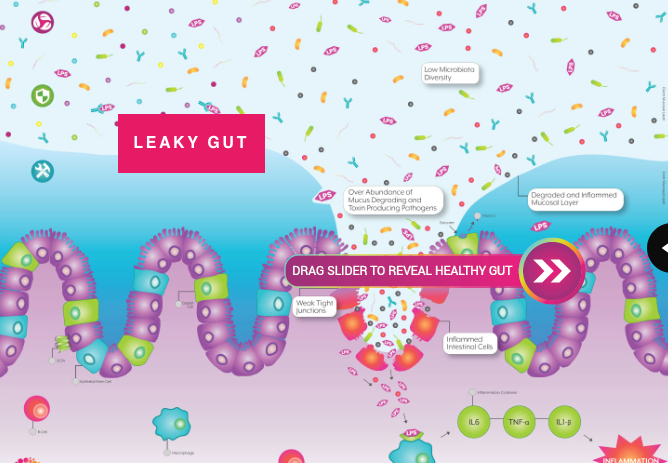Chloroquine is used to treat malaria, as well as in chemoprophylaxis, which is the administering of drugs to prevent the development of disease, according to the US Centers for Disease Control and Prevention. Since 2006, it has not been recommended for use in severe malaria because of problems with resistance, particularly in the Oceania region, according to the World Health Organization.
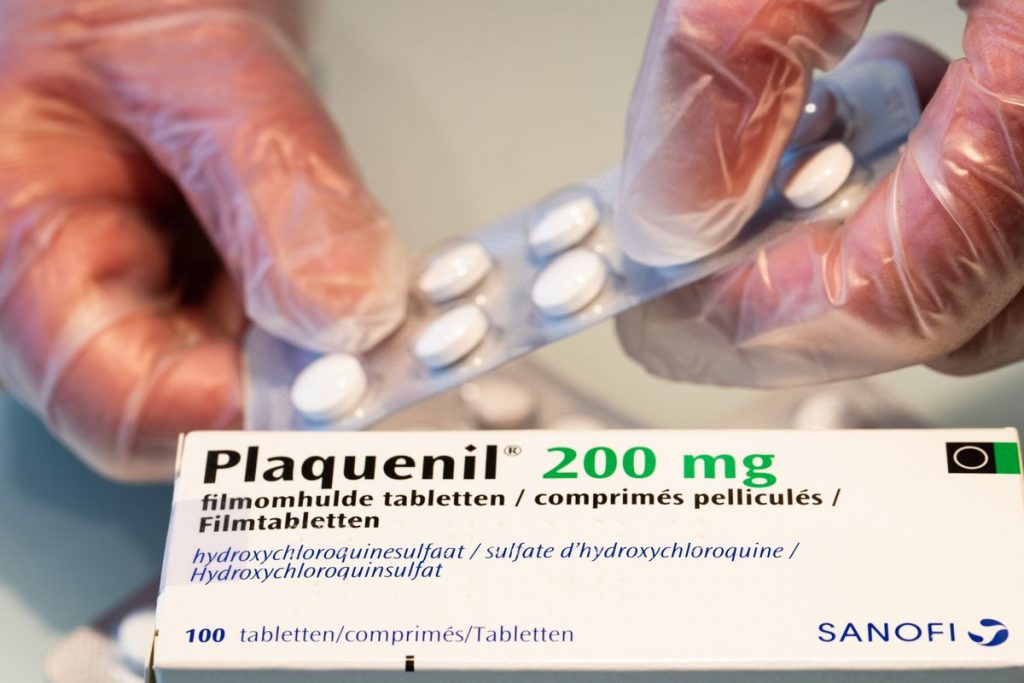
The drug is sold under the brand name Plaquenil, is also used by patients with lupus and rheumatoid arthritis to control inflammation.
Both drugs, chloroquine and hydroxychloroquine, are available as generics, but public and political interest has caused hoarding and severe shortages in recent weeks.
According to the Swiss-registered organization, Medicines for Malaria Venture, chloroquine is a derivative of quinine, which French chemists in 1820 isolated from the bark of the cinchona tree found in South America, employing it as a treatment for fevers.German scientists created the synthetic chloroquine in 1934 as part of a class of anti-malarials, MMV said, and chloroquine and DDT became “the two principal weapons in WHO’s global eradication malaria campaign” following World War II, the organization said.Hydroxychloroquine is what’s known as an analog of chloroquine, meaning the two have similar structures but different chemical and biological properties. The former is considered the less toxic derivative, according to studies.It’s given to patients with rheumatoid arthritis, lupus and the blood disorder porphyria cutanea tarda, the CDC said.
Hydroxychloroquine and chloroquine is becoming a focus of attention for many people are claiming that these are effective against the coronavirus because they help bring zinc into cells, and the zinc kills the virus, and others have argued that since quercetin and EGCG do the same thing, these also would be effective for prevention or treatment of the coronavirus.
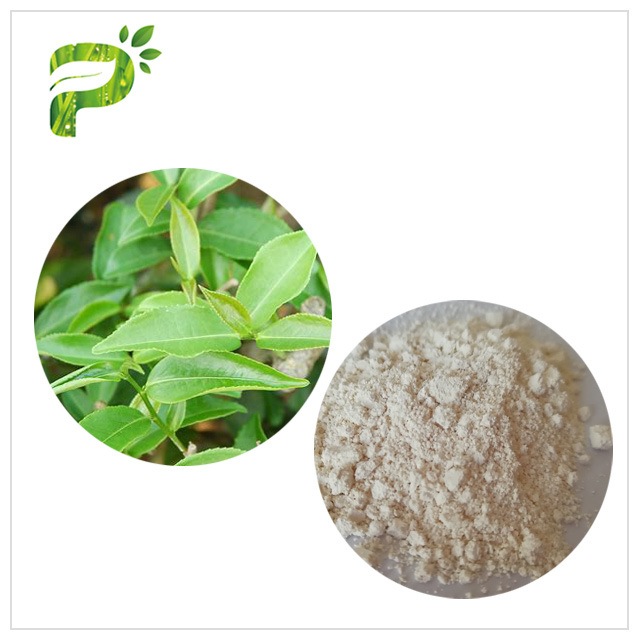
Epigallocatechin gallate (EGCG) is a unique plant compound that gets a lot of attention for its potential positive impact on health. It is the main catechin present in green tea. It’s thought to reduce inflammation, aid weight loss, and help prevent heart and brain disease
Hydroxychloroquine is also being studied to determine if it can prevent the onset of Covid-19 before or after a patient is infected with the SARS coronavirus strain that causes it, and if it can be used to treat Covid-19 sufferers, the CDC said.Because the drug has been in use for years, the IS President said, it potentially poses fewer risks than a newly developed drug.
The question to ask, given the limited studies, is hydroxychloroquine or chloroquine actually effective.
As noted above, Chloroquine is a drug long used to treat malaria. Hydroxychloroquine is a closely related compound that has also been used to treat malaria, but more recently has been used to treat autoimmune conditions such as lupus and rheumatoid arthritis.
More recently these drugs have been shown in vitro (in a test tube, not a living organism) to have a broad spectrum of antiviral activities. Although they have never been shown to have clear antiviral activity in humans against any virus, they have become widely used in China to treat COVID-19.
The potential of these drugs to treat COVID-19 received a lot of hype from Donald Trump recently. As a result, out of fear of the virus and hype over chloroquine, a Phoenix man and his wife drank a fish tank cleaner containing chloroquine phosphate. The man died and the wife wound up in critical care.
Is the hype deserved?
As reviewed in “Of Chloroquine and COVID-19,” A systematic review on the efficacy and safety of chloroquine for the treatment of COVID-19 highlights:
- No specific pharmacological treatments are available to date for COVID-19.
- Chloroquine is a widely used, safe and cheap, effective in viral infections in pre-clinical studies.
- Specific pre-clinical evidence and expert opinions suggest potential use against SARS-CoV-2.
- A search in trial registries shows that 23 clinical trials are ongoing in China.
- There is a urgent need of high-quality clinical data from different geographic areas.
“To date, no acute virus infection has been successfully treated by chloroquine in humans.” It failed to treat flu or dengue in humans.
The authors of the study performed a comprehensive search for everything related to the topic and found very little that had already been published: an in vitro study, two letters, a consensus panel of Chinese experts, a Dutch national guideline, and an Italian national guideline. 23 Chinese trials had been registered, but as of March 10 when this was published, none of the data had been released.
For chronic viruses, the results in HIV have been inconclusive, and the results with hepatitis C have been so slight that it’s never become part of a standard protocol.
Although chloroquine has been shown to be antiviral in vitro against SARS-CoV-2, the cause of COVID-19, it also proved antiviral in vitro against chikungunya virus, yet acted as a proviral in living mice. This might be because it can suppress the immune system and might relate to the effectiveness of hydroxychloroquine as a treatment for autoimmune disorders. Could it also make COVID-19 worse?
Despite the widespread use of chloroquine and hydroxychloroquine to treat COVID-19, there are as yet no randomized controlled trials clearly showing it is effective.
That the expert opinion was running far ahead of the data is demonstrated in this quote from the paper:
A narrative letter by Chinese authors reported that a news briefing from the State Council of China had indicated that “Chloroquine phosphate… had demonstrated marked efficacy and acceptable safety in treating COVID-19 associated pneumonia in multicentre clinical trials conducted in China.” The authors also stated that these findings came from “more than 100 patients” included in the trials. Evidence of such data was sort in the trial registries another expert reviewed and found none.
The CDC went on to cite a study, documented in the journal Bioscience Trends this month, that chloroquine phosphate has demonstrated “apparent efficacy and acceptable safety against COVID-19-associated pneumonia” in trials in China
A non-randomized French trial of hydroxychloroquine suggested the drug virologically cured 15 out of 26 people, while it nauseated one, put three in ICU, and killed one. Because it wasn’t randomized, it isn’t clear whether the cure or the worsening represent true effects of the drug, but if we are to regard the cure as a real effect, we also have to regard the worsening as a real effect, suggesting that if it works it might have a high risk profile.
A Chinese randomized controlled trial found no difference at all between the use of hydroxychloroquine and standard treatment. The standard treatment was bed rest, oxygen inhalation, symptomatic support, neubulized interferon, lopinavir and ritonavir (two antivirals), and, when necessary, antibacterials. The two antivirals in the standard treatment have also been shown to have no effect against another “standard treatment” in another randomized trial. In that trial, the standard care was supplemental oxygen, ventilation, antibiotic agents, vasopressor support, renal-replacement therapy, and extracorporeal membrane oxygenation (ECMO). So, none of the antivirals did anything beyond the oxygen therapy and other support in the list.
The World Health Organization is launching a multinational set of trials testing the efficacy of interferon, chloroquine, lopinavir, and ritonavir. This should provide us with some information, but right now a lot of things are being thrown at COVID-19 with no clear evidence they are effective.
That WHO is launching this trial should also help allay rational fears that Chinese data can’t be trusted. After all, China has expelled all the American journalists, so it’s clear the Chinese government doesn’t value transparency around the COVID-19 situation.
Is Hydroxychloroquine or Chloroquine effective for Coronavirus?
Err on the side of caution. Further studies are required.
I find it ironic that many people, indoctrinated by the pharmaceutical industry who in turn owns the distribution chain of medical professionals (all about the money) will beat the “trust the experts” drum endlessly, bashing anyone suggesting nutrients or herbs could be relevant to enhance immunity, yet vitamin D, magnesium, elderberry, and garlic have all been shown to have antiviral effects in humans, yet Hydroxychloroquine and Chloroquine have not. Why do these drugs get special status just because the so called ‘experts’ are using them with no evidence of their efficacy?
Risk 101
One size does not fit all… The control to be implemented when the risk and consequences have been determined.
Prevention being better than cure: Let us all look at building immunity via natural foods, pesticide free and non-GMO fruit, vegetables and legumes and other important nutrients such as Quercetin, zinc, vitamin D and more before we begin the drugging of people.

